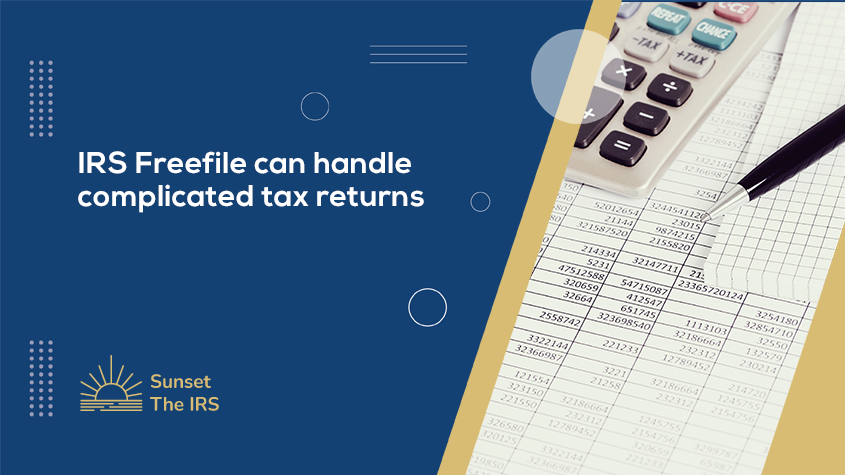
The Credit for Other Dependents (ODC) is a non-refundable tax credit that can be claimed by taxpayers for dependents who do not qualify for the Child Tax Credit. The ODC was introduced as part of the Tax Cuts and Jobs Act of 2017 and is available for tax years 2018 through 2025.
Here are some key points to understand about the Credit for Other Dependents:
-
Eligibility: To claim the ODC, the taxpayer must have a qualifying dependent who is not eligible for the Child Tax Credit. This could include an adult dependent, such as a parent or grandparent, or a qualifying child who is over the age of 16 and does not meet the criteria for the Child Tax Credit.
-
Amount of the credit: The Credit for Other Dependents is worth up to $500 per qualifying dependent. This is a non-refundable credit, which means that it can only reduce the taxpayer's tax liability to zero. Any unused portion of the credit cannot be refunded to the taxpayer.
-
Income limits: The ODC is subject to phase-out based on the taxpayer's modified adjusted gross income (MAGI). For tax year 2022, the credit begins to phase out at a MAGI of $200,000 for single filers and $400,000 for married filing jointly.
-
Dependent qualifications: To qualify as a dependent for the purposes of the ODC, the dependent must be a U.S. citizen, national, or resident alien; must not file a joint tax return with their spouse; and must not be claimed as a dependent on another taxpayer's return.
-
Claiming the credit: To claim the Credit for Other Dependents, the taxpayer must complete Schedule 3 of their tax return and include it with their Form 1040. The dependent's name, Social Security number or individual taxpayer identification number, and relationship to the taxpayer must be included on the schedule.
It's important to note that claiming the ODC may affect other tax credits or deductions that the taxpayer is eligible for, such as the Earned Income Tax Credit or the Child and Dependent Care Credit. Taxpayers should consult with a tax professional or use tax software to determine their eligibility for the Credit for Other Dependents and to ensure that they claim all eligible tax credits and deductions.
Sure, here are some frequently asked questions about the Credit for Other Dependents:
- Who can claim the Credit for Other Dependents?
Taxpayers who have a qualifying dependent that does not meet the criteria for the Child Tax Credit can claim the Credit for Other Dependents. This could include adult dependents, such as elderly parents or disabled children, or qualifying children who are over the age of 16.
- How much is the Credit for Other Dependents worth?
The Credit for Other Dependents is worth up to $500 per qualifying dependent.
- Is the Credit for Other Dependents refundable?
No, the Credit for Other Dependents is a non-refundable tax credit. This means that it can only be used to reduce the taxpayer's tax liability to zero. Any unused portion of the credit cannot be refunded to the taxpayer.
- What are the income limits for the Credit for Other Dependents?
The Credit for Other Dependents is subject to phase-out based on the taxpayer's modified adjusted gross income (MAGI). For tax year 2022, the credit begins to phase out at a MAGI of $200,000 for single filers and $400,000 for married filing jointly.
- How do I claim the Credit for Other Dependents?
To claim the Credit for Other Dependents, the taxpayer must complete Schedule 3 of their tax return and include it with their Form 1040. The dependent's name, Social Security number or individual taxpayer identification number, and relationship to the taxpayer must be included on the schedule.
- Can I claim the Credit for Other Dependents if I also claim the Child Tax Credit?
No, if you claim the Child Tax Credit for a dependent, you cannot also claim the Credit for Other Dependents for that same dependent.
- Can I claim the Credit for Other Dependents if I don't have any children?
Yes, the Credit for Other Dependents is available to taxpayers who have qualifying dependents that do not meet the criteria for the Child Tax Credit, even if they do not have any children.


